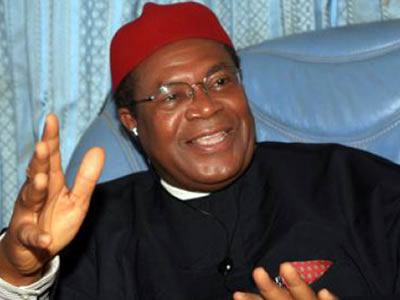Chief Charles Nwodo, former National Chairman of de-registered Progressive Action Congress (PAC), has appealed to the National Assembly to pass the Petroleum Industry Bill (PIB) in the interest of the nation.
Nwodo made the call in an interview with the News Agency of Nigeria (NAN) on Tuesday in Abuja.
He stressed the need for the lawmakers to re-visit the PIB with patriotic zeal, as the oil industry was the backbone of Nigeria’s economy.
According to him, the delay in passing the bill will further encourage cabals to thrive without let or hindrance.
“World wide, the oil industry has rules and regulations guiding exploration, exploitation and marketing of products in the industry.
“The NNPC today, is enmeshed in the controversy of mismanagement because a comprehensive oil bill is not in place,” he said.
He expressed regret that Nigeria was the only country in the world where crude oil theft is the order of the day and “culprits go scot free”.
He attributed the situation to the lack of comprehensive laws to regulate the oil industry and other sectors that were critical to the growth of the nation’s economy.
“Shying away from passing the PIB can only do more harm than good, given the situation in the country.
“I also subscribe to the fact that the oil minister should not be the only one saddled with all the responsibilities in the oil industry for transparency and accountability,” he said.
He expressed the belief that realistic laws would enthrone checks and balances, in addition to transparency and accountability necessary for the survival of the industry.
Nwodo also advocated the enactment of a law to stipulate severe punishments for crude oil thieves and frauds as sanity was needed in the oil industry.
He said further that the bill should deal with environmental factors affecting oil exploration and safety of the host communities.
He also urged the lawmakers to rise above sectional politics in order to pass the bill without further delay.
According to him, the proceeds from the oil industry should be made to serve the interest of the entire country.
He underscored the use of e-governance as information and communication technology was imperative for oversight functions, including probes.



